Service hotline
+86 0755-83044319
release time:2023-10-20Author source:SlkorBrowse:15599
In 1964, Motorola established the first semiconductor R&D center in Israel, marking the beginning of Israel's semiconductor industry.
In 1974, convinced by its Israeli employees, Intel established its first R&D center outside of the United States in Haifa, Israel. From then on, Israel's semiconductor industry began to take off.
In Israel, the world's first IBM personal computer with an 8088 processor based on the Microsoft operating system, Intel's first Pentium CPU, TI's Bluetooth chip, and many others were born.
After several decades, Israel's semiconductor industry has become a force to be reckoned with. With less than 10 million people, there are over 30,000 chip engineers and nearly 200 chip companies. Giants like Apple, Broadcom, Qualcomm, Samsung, Xiaomi, Texas Instruments, LG, Hitachi, Marvell, KLA-Tencor, and others all conduct research and development activities in Israel.
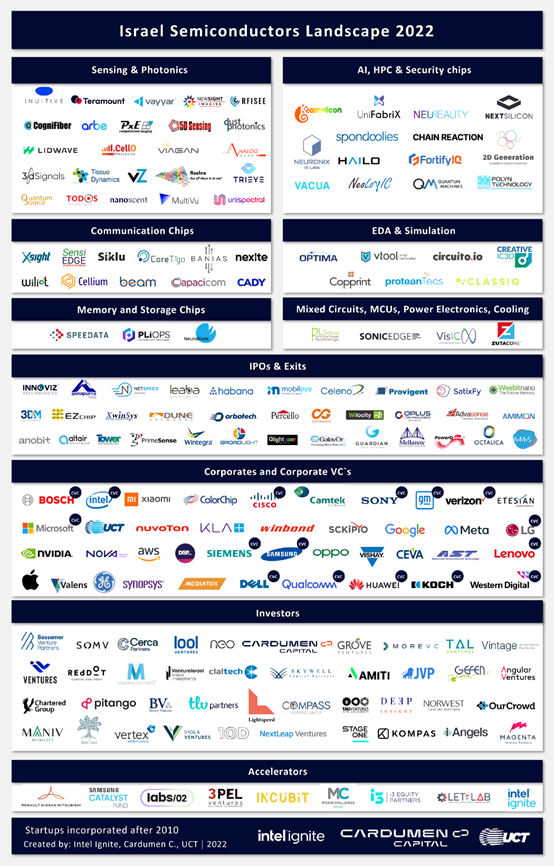
The Israeli semiconductor landscape in 2022.
The earliest batch of companies to settle in Israel, including Intel, has now become the largest "host" in Israel.
Currently, Intel has four R&D centers and two fabs (fabrication plants) in Israel:
The Intel R&D centers are located in the cities of Haifa, Yakum, Jerusalem, and Petah Tikva, employing over tens of thousands of employees. The first computer processor, Pentium, Celeron, Core, SNB, Ivy Bridge, and other major CPUs were developed in these Israeli R&D centers. The new fab is expected to begin operations in 2027 and continue operating until at least 2035, employing thousands of people.
Tower Semiconductor, which was nearly acquired by Intel before, owns the second-largest fab in Israel, second only to Intel. Its fab has a production capacity of 200mm and wafer diameters of 150mm.
With this massive presence, Intel directly and indirectly drives employment for over 50,000 people in Israel. On average, there is a direct or indirect connection with Intel for nearly 6 out of every 1,000 people in Israel.
In 2022, Intel's exports from Israel reached $8.7 billion, accounting for 1.75% of Israel's GDP and 5.5% of its high-tech exports. Some even say, "Intel is Israel, and Israel is Intel."
This impressive dominance seems familiar in East Asia. Intel's relationship with Israel is similar to that of [敏感词] with [敏感词], China.
II. The Kingdom of Semiconductor Start-ups Lacking Local Giants
Israel, with its small land area, abundant deserts, and limited resources, is not a resource-rich country and can not produce semiconductor materials. Due to geographical constraints, Israel's semiconductor industry has unique characteristics: firstly, it focuses on chip design; secondly, it consists mostly of small and medium-sized enterprises without local giants; thirdly, it navigates between the United States and China and focuses on business.
The reason for the focus on chip design is easily understandable - necessity is the mother of invention. With limited resources, Israel relies on the intelligence of its people to pursue a high-end design-oriented path.
Chip design is the soul of Israel's semiconductor industry. According to statistics, Israel possesses approximately 8% of the world's chip design talents and research and development companies. In addition, in 2021, Israel had 37 multinational companies conducting business in the semiconductor industry, including Apple,
Broadcom, Qualcomm, Samsung, Xiaomi, Texas Instruments, and other large enterprises engaged in research and development activities in Israel.
While the number of Israeli manufacturing plants is relatively small, they do exist. Currently, there are five wafer fabrication plants in Israel, mostly dominated by Intel. In terms of semiconductor equipment, multinational companies such as Applied Materials, Kulicke & Soffa, as well as local companies like Orbotech, Sela, and Jordan Valley, are also present.
Therefore, the current composition of Israel's chip industry chain mainly consists of non-wafer chip design companies, multinational company research centers, semiconductor equipment companies, and a few wafer fabrication plants.
However, with so many chip giants establishing a presence in Israel, why haven't any local giants emerged within Israel?
To be continued...
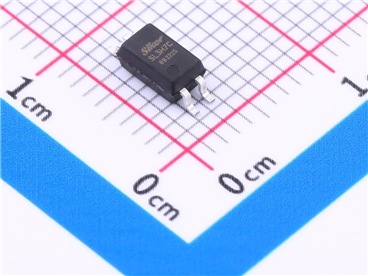
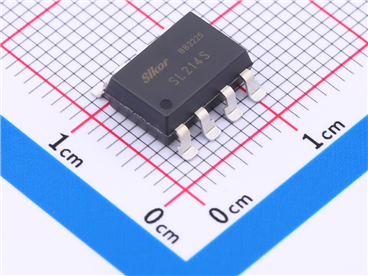
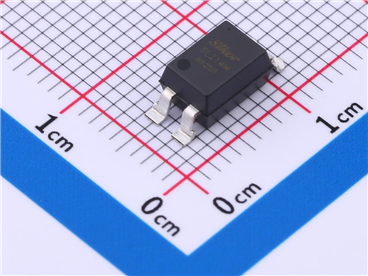
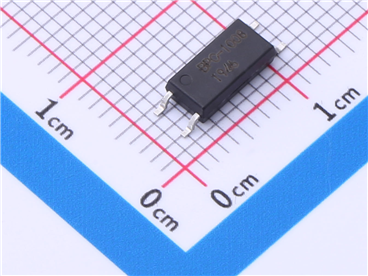
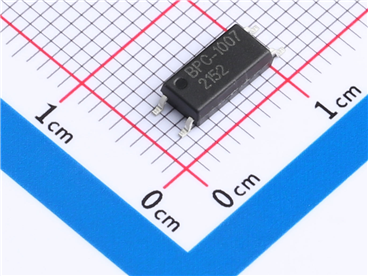


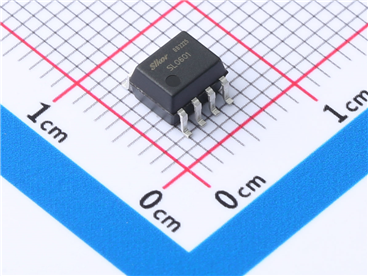

Site Map | 萨科微 | 金航标 | Slkor | Kinghelm
RU | FR | DE | IT | ES | PT | JA | KO | AR | TR | TH | MS | VI | MG | FA | ZH-TW | HR | BG | SD| GD | SN | SM | PS | LB | KY | KU | HAW | CO | AM | UZ | TG | SU | ST | ML | KK | NY | ZU | YO | TE | TA | SO| PA| NE | MN | MI | LA | LO | KM | KN
| JW | IG | HMN | HA | EO | CEB | BS | BN | UR | HT | KA | EU | AZ | HY | YI |MK | IS | BE | CY | GA | SW | SV | AF | FA | TR | TH | MT | HU | GL | ET | NL | DA | CS | FI | EL | HI | NO | PL | RO | CA | TL | IW | LV | ID | LT | SR | SQ | SL | UK
Copyright ©2015-2025 Shenzhen Slkor Micro Semicon Co., Ltd